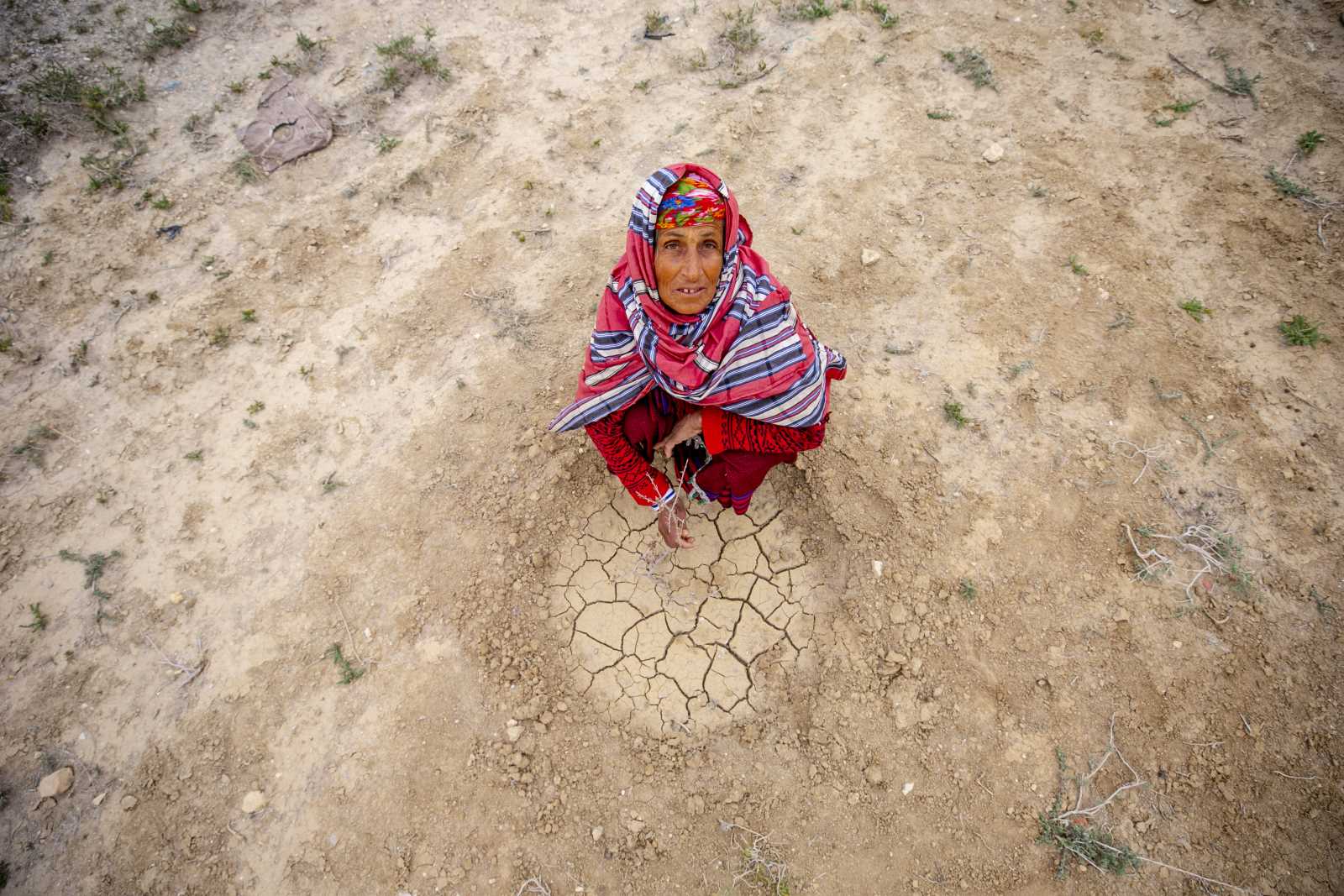Hintegrund
Be fruitful and multiply

In many parts of Africa, infertility in a married couple is considered a major problem, if not calamity. In Nigeria, the pressure on couples to produce children is intense.
Newlyweds are expected to have their first child nine months after their wedding. If a couple has not had a child within two years of marriage, family and friends become concerned. Typically they offer overbearing and unsolicited help and advice. These suggestions tend to invade the couple’s privacy. Adoption, however, is rarely considered an option.
In many world regions, abortion and contraceptives are seen to be core issues of women’s reproductive-health rights (see Virginia Caballero and María Lía Ghezzi on www.dandc.eu). The ability to have children, however, matters just as much, especially in places where many people cannot afford the attention of scientifically trained doctors and the evidence-based treatments they offer. Not having a baby can mean social ostracism.
“I could write a whole book on what I went through,” says Iyabo Arepo, a Nigerian in her late 50s. She recalls her husband’s uncle discussing the couple’s childlessness with her husband five years after the wedding. “He sarcastically asked my husband what his problem is. And then he said, ‘if the problem is with your wife, then you should take a different wife.’ It was horrible.”
Up to 186 million people
Such experiences are common, not only in Nigeria. According to the World Health Organization (WHO), up to 186 million people around the world suffer from infertility. It is a disease of the male or female reproductive system defined by the failure to achieve a pregnancy after 12 months or more of regular unprotected sexual intercourse.
The causes of infertility vary by region. In Africa, over 85 % of infertility cases involve infections, compared to 33 % worldwide, according to the WHO. Other factors include poor nutrition, untreated sexually transmitted diseases and a prior history of at least one unsafe abortion. In about half of infertility cases, the husband’s low sperm count is a factor.
Whatever the cause of a couple’s infertility, the stigma tends to attach to the wife in Nigeria. Yetunde, for example, has been married for ten years without producing a child. She is the target of the disapproval of her husband’s family. They call her names, including “male dog” and “unproductive pawpaw”. A “pawpaw” is a fruit containing seeds. The family is Christian, but members nonetheless sometimes suggest calling upon supernatural powers to help the couple have a baby (see box).
Not a “real” wife
At one point, Yetunde’s mother-in-law brought a young woman into their home and bluntly told Yetunde’s husband John that this woman would bear him a child. Yetunde and John left the country, but they still get calls from relatives asking whether Yetunde is pregnant yet. In some people’s eyes, a wife that does not bear children is neither a real wife nor a proper woman.
Yetunde was lucky to have the support of John. It is quite common for husbands to turn away from their wives. Grace, an infertile Nigerian, paid dearly. Her husband, Olumide, made another woman pregnant. Grace learned of the affair when a friend told her about the baby’s naming ceremony. Grace fainted from shock and her blood pressure shot up to dangerous levels. She died two days later.
In some parts of Africa, a marriage is conditional upon producing a child. In Nigeria, some men insist that the bride be pregnant before the marriage. This is particularly common among the Yoruba community. Tunde Itiola, for example, felt let down when he married and then his wife did not to conceive. “I should have made sure that she gets pregnant before the marriage,” he says.
Women who give birth but then lose the child are not spared the stigma. Chinwe, married to Tochukwu, had a daughter late in life. The daughter died when the couple were already over 50. Despite their age, the pair is considering in-vitro fertilisation in the hope of conceiving again. To them, the risks of a late pregnancy look less onerous than bearing the stigma of infertility.
Male infertility
As noted above, in half the cases of infertility, the husband’s low sperm count is a crucial problem. The wife may not have any reproductive-health problem at all. Nonetheless, the wife tends to get blamed, in some cases to the point of being driven out of her own home.
Temmy is a case in point. Although medical tests showed that her husband Juwon’s sperm count was low, his family pressured him to divorce Temmy and marry someone else. She knew the health problem was Juwon’s, not hers, as medical tests had proven. Nonetheless, she accepted her fate, keeping quiet in order to protect him from stigma.
Some men simply refuse to accept test results showing a low sperm count. In rare cases they resort to violence against their wives. Gynaecologist Timothy Enimola says: “I am touched by the fate of childless women,” he says. “Some have their hands cut.” He also knows of women who commit suicide in desperation. Most infertile husbands who refuse to accept test results seek a new partner.
Enimola says infertile people should see a doctor. He points out that, according to the WHO, infertility is a human-rights issue.
Yet many Nigerians cannot afford medical treatment for infertility. A common treatment is in-vitro fertilisation, which involves collecting eggs, fertilising them in a laboratory and transferring the fertilised embryo to a uterus. In Nigeria, this procedure costs between 2 million and 5 million Naira (€ 4,300 to € 10,600). Such prices are out of reach for most Nigerian couples.
Sometimes, traditional healers can help. “Most infertility is caused by infection,” says Agbabiaka Ojo, a herbalist. “We have herbs to cure infections in women and herbs to cure low sperm counts in men. We also have herbs that increase fertility. This is what our forefathers used long before the white man’s medicine came to Africa.” Traditional medicine, however does not always offer a cure. Nor does modern medicine. For many people, infertility is a curse they cannot escape.
Bimbola Oyesola is a Lagos-based journalist.
oritokeoyee@gmail.com















